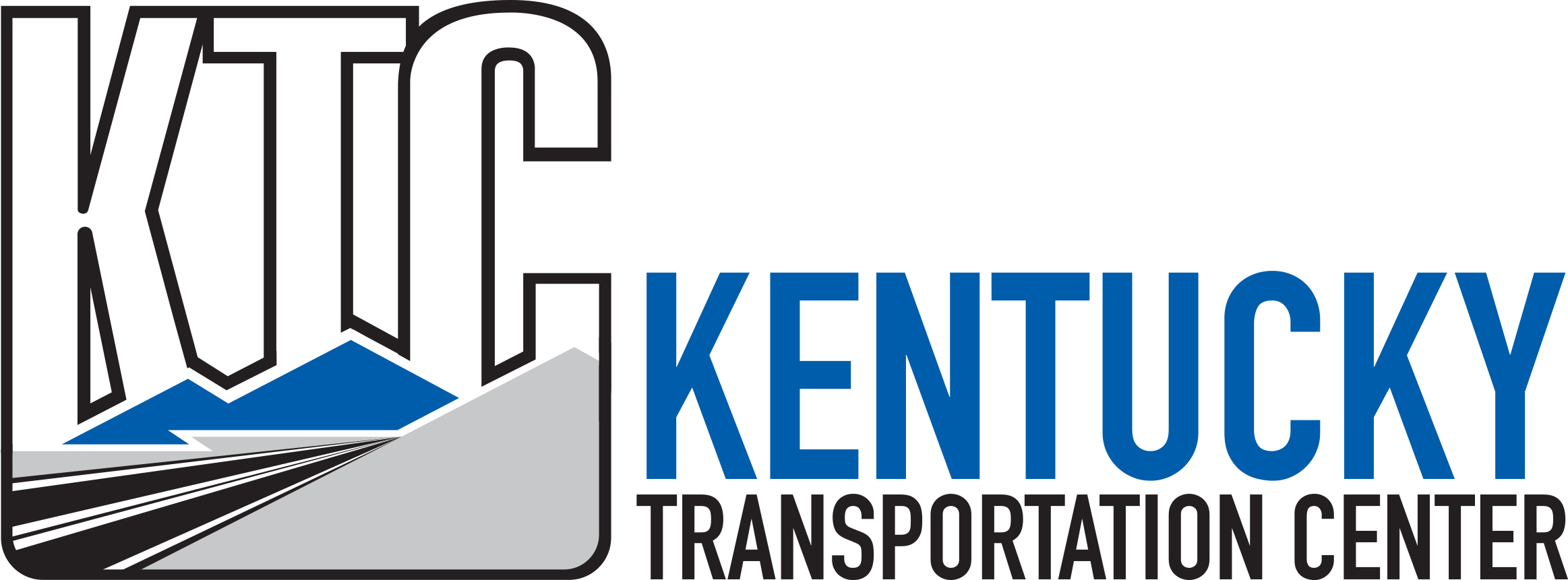Abstract
This report included an analysis of 50 accidents involving breakaway-cable-terminal (BCT) end treatments and 19 accidents involving median-breakaway-cable-terminal (BMCT) end treatments. The primary data base consisted of Kentucky accident records for the years 1980-82; with selected accidents included before 1980 and after 1982. An attempt was made to document each accident with a police report, photographs, and a maintenance repair form.
Results showed that the breakaway-cable-terminal end treatment performed properly in most accidents (72 percent); that is, the end treatment performed as it was designed with the wooden posts breaking away or the guardrail redirecting the vehicle. Only four impacts were known to involve small cars and the BCT performed properly in three of those accidents. If trucks are excluded from the analysis, the BCT performed properly in 63 percent of the collisions.
The MBCT end treatment performed properly in 50 percent of the accidents. Problems related to stiffness of the end treatment are most apparent when impact angles are shallow. A recommendation was made to remove any existing MBCT designs from gore area locations and replace them with a crash cushion. A new turned-down end treatment design was proposed for consideration at median installations.
Report Date
6-1984
Report Number
UKTRP-84-16
Digital Object Identifier
http://dx.doi.org/10.13023/KTC.RR.1984.16
Repository Citation
Pigman, Jerry G.; Agent, Kenneth R.; and Creasey, Tom, "Analysis of Accidents Involving Breakaway-Cable-Terminal End Treatments" (1984). Kentucky Transportation Center Research Report. 622.
https://uknowledge.uky.edu/ktc_researchreports/622



Notes
The contents of this report reflect the views of the authors, who are responsible for the facts and accuracy of the data presented herein. The contents do not necessarily reflect the official views or policies of the University of Kentucky, of the Kentucky Transportation Cabinet, nor of the Federal Highway Administration. The report does not constitute a standard, specification, or regulation.